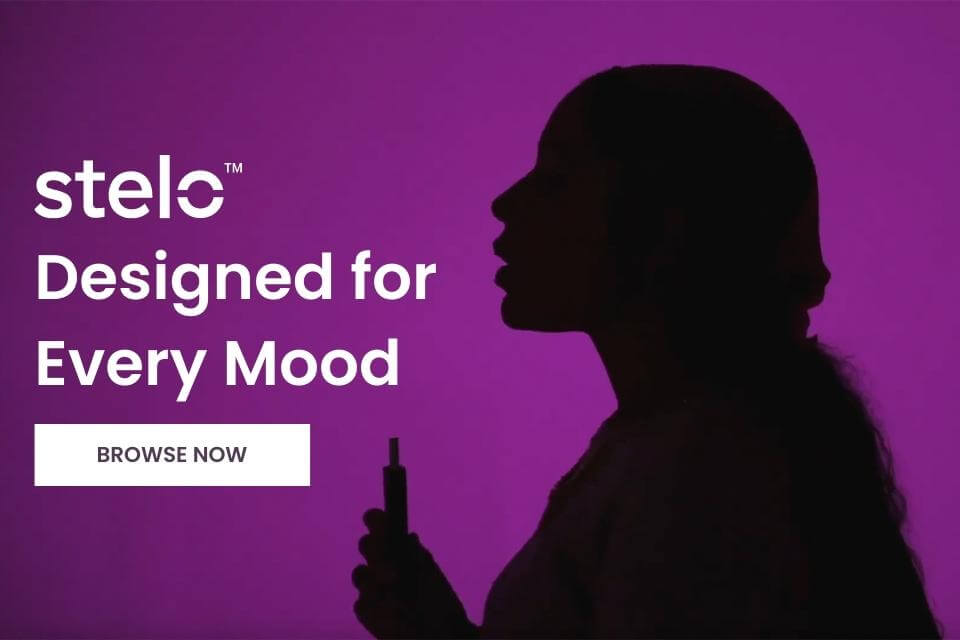The Drug Enforcement Administration (DEA) has recently taken a significant step in regulating synthetic cannabinoids by issuing a temporary scheduling order. This order places six specific synthetic cannabinoids into Schedule I under the Controlled Substances Act. This move reflects growing concerns about the safety and public health implications of these substances.
Impetus for DEA's Action
The decision is primarily motivated by the need to address the imminent hazard these substances pose to public safety. Synthetic cannabinoids, often misleadingly marketed as "herbal incense" and touted as legal alternatives to cannabis, have been linked to serious health risks and even fatalities.
Details of the DEA's Temporary Scheduling Order

Substances Included
The six synthetic cannabinoids now placed in Schedule I are:
- Methyl 3,3-dimethyl-2-(1-(pent-4-en-1-yl)-1H-indazole-3-carboxamido)butanoate (MDMB-4en-PINACA)
- Methyl 2-[[1-(4-fluorobutyl)indole-3-carbonyl]amino]-3,3-dimethyl-butanoate (4F-MDMB-BUTICA)
- N-(1-amino-3,3-dimethyl-1-oxobutan-2-yl)-1-(pent-4-en-1-yl)-1H-indazole-3-carboxamide (ADB-4en-PINACA)
- 5-Pentyl-2-(2-phenylpropan-2-yl)pyrido[4,3-b]indol-1-one (CUMYL-PEGACLONE)
- Ethyl 2-[[1-(5-fluoropentyl)indole-3-carbonyl]amino]-3,3-dimethyl-butanoate (5F-EDMB-PICA)
- Methyl 2-(1-(4-fluorobenzyl)-1H-indole-3-carboxamido)-3-methyl butanoate (MMB-FUBICA)
Duration and Legal Implications
The temporary order is effective from December 12, 2023, to December 12, 2025. This classification means these substances are now regarded as having a high potential for abuse, no accepted medical use, and a lack of accepted safety for use under medical supervision.
Background on Synthetic Cannabinoids

Composition and Effects
Synthetic cannabinoids are lab-synthesized substances that mimic THC, the psychoactive component in cannabis. They have been a part of the drug market since 2009, leading to increased instances of abuse and health emergencies.
Health Risks and Incidents
The DEA reports that emergencies involving these compounds have included seizures, muscle spasms, and increased violence. The health risks are compounded by the fact that these substances often come in bulk powder form from places like China and are processed in clandestine labs, leading to inconsistent and potentially dangerous product quality.
Impact on Communities

Surge in Hospitalizations and Deaths
The scheduling of these synthetic cannabinoids by the DEA is a response to the dramatic increase in hospitalizations and fatalities linked to their use. Emergency departments across the country have reported a spike in cases involving severe health complications like cardiac issues, acute kidney injuries, and psychotic episodes.
Public Safety Concerns
These substances have become a significant public safety issue. Their unpredictable effects, which can include extreme anxiety, paranoia, and hallucinations, have led to incidents of violence and self-harm. This impact extends beyond individual users, affecting families, emergency responders, and healthcare systems.
DEA's Future Steps
Monitoring and Enforcement
The DEA plans to closely monitor the situation and enforce the new regulations strictly. This includes working with local law enforcement agencies to identify and shut down operations that manufacture, distribute, or sell these substances.
Research and Collaboration
In collaboration with public health agencies and scientific communities, the DEA aims to further research the effects of synthetic cannabinoids. This research will guide future policy decisions and possibly lead to the development of medical antidotes or treatments for adverse reactions caused by these substances.
Public Awareness Campaigns
The DEA intends to launch public awareness campaigns to educate people about the dangers of synthetic cannabinoids. These campaigns will target vulnerable populations, including teenagers and young adults, who are often misled by the misbranding of these substances as safe or legal alternatives to cannabis.
International Cooperation
Given that many of these substances originate from outside the U.S., the DEA is also looking to strengthen international cooperation. This includes working with foreign governments and international agencies to monitor and control the production and distribution of these synthetic cannabinoids.
Broader Drug Policy Implications and Future Challenges

Implications for Drug Policy
Shift Toward Public Health Approach: This move signals a potential shift in drug policy, emphasizing public health over criminalization. It could pave the way for more nuanced policies that focus on harm reduction and treatment.
Research and Development: The scheduling may spur more scientific research into the effects and potential medical uses of cannabinoids, both synthetic and natural.
International Drug Policy: The DEA's action might influence international drug policy, especially in countries dealing with similar issues around synthetic substances.
Debate on Cannabis Legalization: This development might impact the ongoing debate about cannabis legalization. While some argue that legalizing and regulating cannabis might reduce the demand for harmful synthetic alternatives, others caution against drawing direct correlations.
Challenges Ahead
Enforcement vs. Criminalization: Balancing effective enforcement with the need to avoid unnecessarily criminalizing users, particularly those struggling with addiction, remains a challenge.
Education and Prevention: There is a pressing need for comprehensive education and prevention strategies to inform the public, especially young people, about the risks of synthetic cannabinoids.
Global Supply Chain Monitoring: Tackling the global aspect of the synthetic cannabinoid market, including production and distribution, requires international cooperation and a well-coordinated approach.
Conclusion
In conclusion, the DEA's action against synthetic cannabinoids is a step towards addressing a serious public health concern. However, navigating the path ahead requires a multi-faceted approach that balances enforcement with public health strategies, research, education, and international cooperation. Only through a collaborative and informed effort can the challenges posed by synthetic cannabinoids be effectively managed, ensuring public safety and health.
E1011 Labs' Commitment to Authentic Cannabis and Consumer Safety

At E1011 Labs, our dedication to providing authentic cannabis experiences is unwavering. In an era where synthetic cannabinoids pose significant health risks, we stand firmly with the use of true cannabis in all our products. Our approach is rooted in the belief that safety, transparency, and purity are non-negotiable for every cannabis consumer.
Why True Cannabis Matters
Natural Benefits: True cannabis contains a spectrum of cannabinoids and terpenes that work synergistically, known as the entourage effect, offering therapeutic benefits that synthetic alternatives cannot replicate.
Consistency and Reliability: Our products are derived from high-quality, carefully cultivated cannabis plants. This ensures a consistent and reliable experience for users, free from the unpredictability associated with synthetic cannabinoids.
Safety First: By using true cannabis, we eliminate the risks associated with synthetic cannabinoids, which can cause severe health issues. Our commitment to safety extends beyond our product lines; it's about safeguarding the wellbeing of our consumers.
Advocacy for Safe Cannabis Consumption
Educational Initiatives: We actively engage in educating our consumers about the dangers of synthetic cannabinoids and the importance of using products derived from genuine cannabis.
Quality Assurance: Every batch of our products undergoes rigorous testing for potency and purity. This ensures that our consumers are receiving the safest and most effective cannabis products on the market.
Supporting Responsible Practices: E1011 Labs advocates for responsible cultivation and production practices in the cannabis industry. We believe that an informed and conscientious approach to cannabis production benefits both consumers and the industry as a whole.
In conclusion, E1011 Labs is committed to upholding the highest standards of quality and safety in cannabis products. Our steadfast dedication to using real cannabis is a testament to our commitment to the wellbeing of our consumers and the integrity of the cannabis industry.







